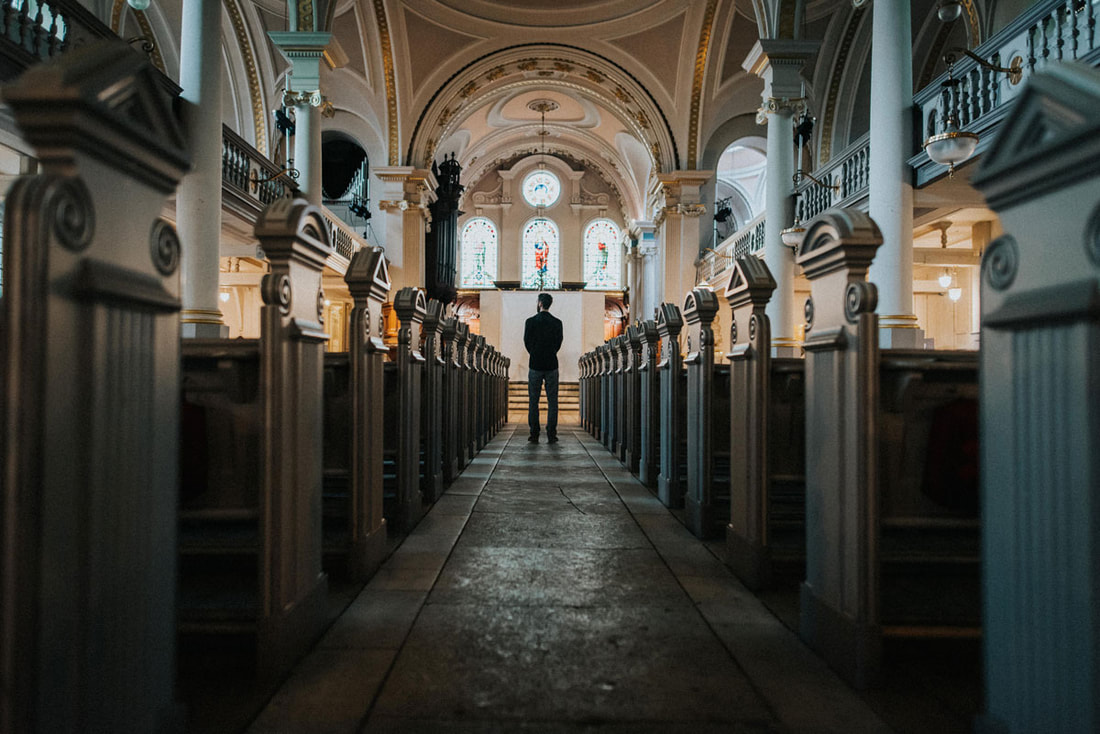|
This post, written by Kate Wiebe, originally was published on January 23, 2017, on the ICTG blog. How is your congregation generating goodness in the world today? A lot of people in the world, and particularly in the United States, feel distraught. They worry about having a job, having a home or shelter, getting a good education, having health care, and being safe – let alone being happy, feeling free, or having wealth to share. We witnessed this weekend how millions of people voted for the current administration and how millions of people marched against the current administration. Interestingly, many congregations today have members from both of these groups. They are struggling to bring reconciliation within their own walls, as well as in their communities. Loving a neighbor as yourself is a primary commandment. Perhaps what's most striking about the command to love one's neighbor is how it requires crossing so many arbitrary human-made lines . . . lines of faith, economic status, ethnicity, politics, and education. Learning how to love the person most different from you – to provide for them – stretches our capacities greatly. How is your congregation doing that now, in light of so much division? What's working best for you? When these things are developed, crises, trauma, and disasters are far less likely to occur. When they do occur, groups practicing these things are far more resilient. As a Christian pastor, I also see how the story of the Good Samaritan inherently is about responding to trauma as well. Being a good neighbor means responding to the wounds my neighbor has with effective care. This weekend, as a country, we were presented with a lot of wounds in front of us. People who voted for the current administration, who have long felt forgotten and ignored. People who voted against the current administration, who have long felt forgotten and ignored and now fear it even more. And people who feel a wide range of other experiences, much of which is based on pain from the past. There are many people hurting. Many who have been hurting for a long time. The State of the Union is beleaguered, at best, and there is a tremendous amount of work to be done to stabilize it. Hope in joining together with people of like-mindedness. Hope in hearing a neighbor's story and thinking about their perspective in new light. Hope in deciding to fight for the rights and benefits of a neighbor, more than just one's own. Story after story keeps emerging across the country of a people who seek out liberty and justice for all. And, through all the pain expressed this weekend, millions of people witnessed glimmers of hope. Hope in joining together with people of like-mindedness. Hope in hearing a neighbor's story and thinking about their perspective in new light. Hope in deciding to fight for the rights and benefits of a neighbor, more than just one's own. Story after story keeps emerging across the country of a people who seek out liberty and justice for all. What is your congregation doing to participate in building up your community and the nation? It what ways are you making a difference for greater health and well-being? At ICTG, we’ve found, in part, the work of health and well-being gets done most often through individual or small group efforts that add up to great collective movements. They include:
When these things are developed, crises, trauma, and disasters are far less likely to occur. When they do occur, groups practicing these things are far more resilient. In the days ahead, may we all work toward building more healthy, vibrant communities. We all know the world could use a lot more them.
0 Comments
Leave a Reply. |
�
COMMUNITY BLOGFrom 2012-2021, this blog space explored expanding understanding and best practices for leadership and whole-community care.
This website serves as a historical mark of work the Institute conducted prior to 2022. This website is no longer updated. Archives
January 2021
Categories
All
|



 RSS Feed
RSS Feed
